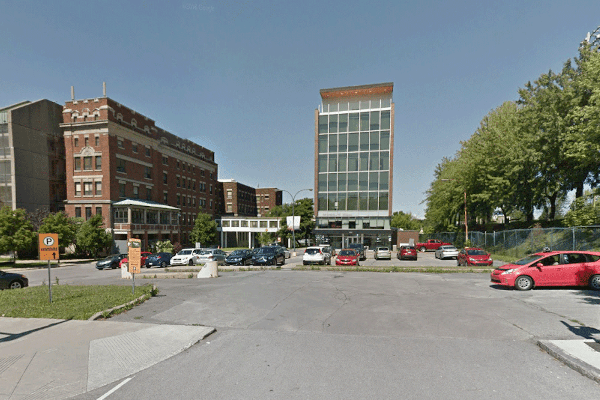
Université de Montréal (Psychology), Montréal, Québec, Canada
By Pierre Lune Bellec, Claudéric DeRoy, Marie St-Laurent, & Isil Bilgin
Published on May 14, 2025

Dates
This site will be active from May 20th (Monday May 19th is a holiday) to June 13th 2025, although the final project reports will be accepted until June 20th.
Location
The course is organized by a team based at the Cerebrum Centre, Psychology Department of University of Montréal, as well as Unité de Neuroimagerie Fonctionnelle at Centre de recherche de l’institut de gériatrie universitaire de Montréal (CRIUGM), under the supervision of Pr Pierre Bellec. The course will take place in the “fondation Courtois” room, 6th floor at CRIUGM, 4565, Chemin Queen-Mary, Montréal (Québec), with a few exceptions as indicated on the schedule below.
Schedule
The school will run from Monday to Friday for four weeks. Although the course load requires working full day every day, meetings are organized from 10 am to 12 pm everyday, except for student presentations which are scheduled in the afternoon. Some sessions are strongly suggested in person (such as introductions and presentations) while others can be taken on discord (TA updates or project updates for example).
Grades
The evaluations for the course are detailed on UdeM’s platform studium. In summary, the evaluations for the course are as follows:
- Completing all required tutorials in weeks 1 to 3 counts for 10% of the final grade.
- The project description counts for 20% of the final grade (10% written report, 10% oral presentation).
- The final report, due a week after the end of the school, counts for 30% of the final grade.
- The final oral presentation counts for 30% of the final grade.
- Participation to the course counts for 10% of the final grade.
Expertise
This site has a particular expertise in functional magnetic resonance imaging, software development, functional brain connectivity and artificial intelligence.
Prerequisites
Participants will need access to a computer, internet and to register to a number of online collaborative tools, such as discord and github. The installation of the necessary software will be covered during week 1.
Registration
Students based at UdeM and interested in the course need to register through “le centre étudiant” in addition to completing the registration form below.
If a student wants to register without credit, they can do so but still need to complete the registration form and register themselves as “auditeurs libres” through “le centre étudiant”.
Students from other universities such as McGill and Concordia are also welcome to register. They can generally get the course credited in their program (as an optional course). For that they will first need to check that the course is eligible with their program, which may require to share the UdeM syllabus of the course (available by request to Pierre L Bellec). Then they will need to register to the course through the “bureau de coopération inter-universitaire”.